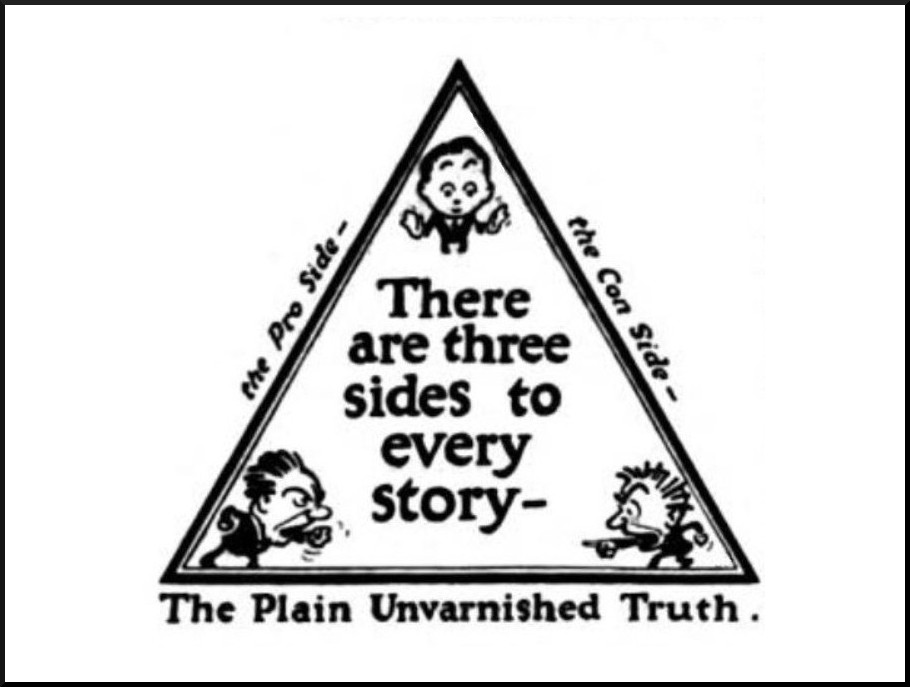Bertrand Russell? Apocryphal?

Question for Quote Investigator: Many people are forgoing holidays and overworking themselves. Here is a pertinent quotation:
One of the symptoms of approaching nervous breakdown is the belief that one’s work is terribly important.
These words have been attributed to British philosopher Bertrand Russell. Would you please help me to find a citation?
Reply from Quote Investigator: In 1930 Bertrand Russell published “The Conquest of Happiness” which included a section about the causes of unhappiness. A chapter within the section discussed fatigue. Boldface added to excerpts by QI:1
The more tired a man becomes, the more impossible he finds it to stop. One of the symptoms of approaching nervous breakdown is the belief that one’s work is terribly important and that to take a holiday would bring all kinds of disaster. If I were a medical man, I should prescribe a holiday to any patient who considered his work important.
Below are additional selected citations in chronological order.
Continue reading “Quote Origin: One of the Symptoms of Approaching Nervous Breakdown Is the Belief That One’s Work Is Terribly Important”







